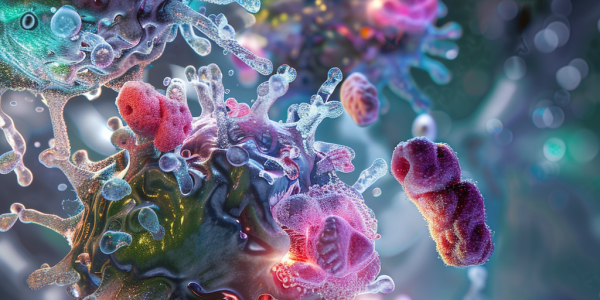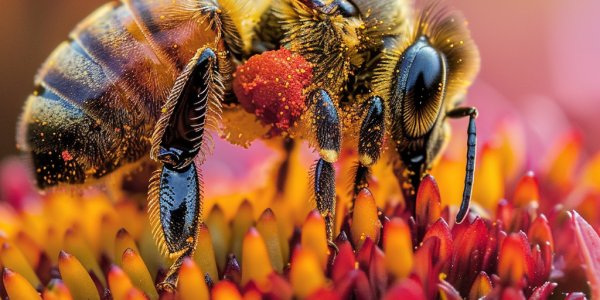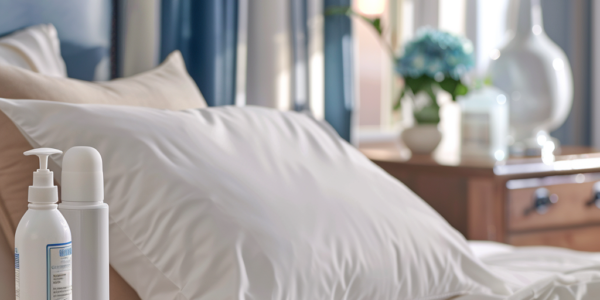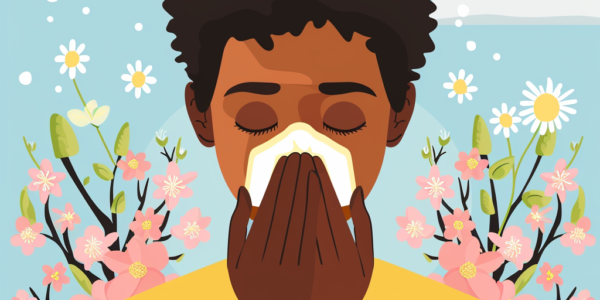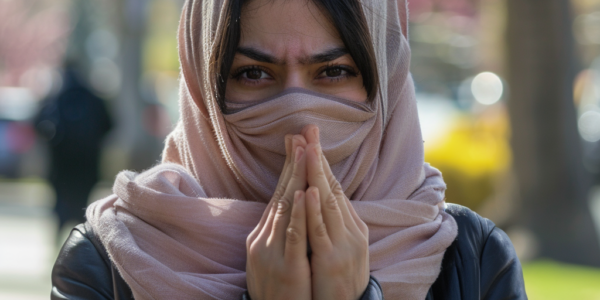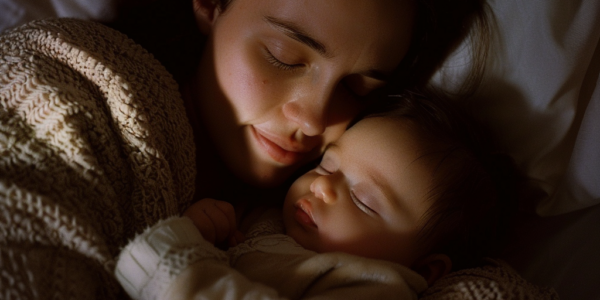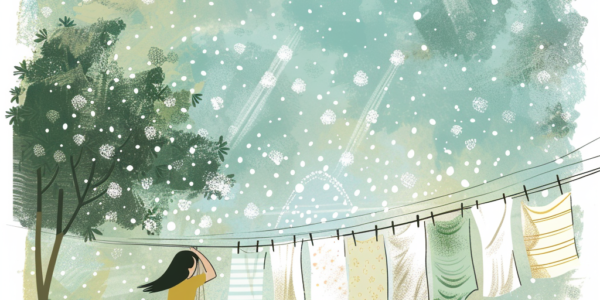New Insights into Immune Responses: Mast Cells and Neutrophils Interact in Allergic Reactions
Recent research from the Max Planck Institute reveals groundbreaking insights into the immune system, highlighting the unexpected interaction between mast cells and neutrophils during allergic reactions. This study uncovers how mast cells can capture living neutrophils, enhancing our understanding of inflammation and potential therapeutic strategies for allergic diseases.
Global Study Finds High Levels of Psychological Distress Among Individuals with Food Allergies
A recent study published in Allergy reveals the high levels of psychological distress experienced by adults and caregivers of children with food allergies globally. Anxiety about allergic reactions is a major concern, yet only a small percentage have been evaluated for food allergy-related psychological distress. The study emphasizes the importance of healthcare providers assessing families for distress and providing access to mental health support to alleviate the burden experienced by those with food allergies.
Promising Results in Asthma Treatment Using Engineered T Cells
Groundbreaking study in Nature Immunology shows promising results in treating asthma with engineered long-lived and multifunctional T cells. Research led by Gang Jin demonstrates durable remission of asthma in mice with a single infusion. This innovative approach offers hope for the future of asthma treatment and the potential of immunotherapy in managing respiratory diseases.
The Impact of Pollen on Allergies and Agriculture
Learn about the impact of pollen on seasonal allergies and the environment. With climate change increasing pollen levels, scientists predict more intense allergy seasons. Discover how bees play a crucial role in pollination, contributing significantly to the food we consume. Find out about the staggering numbers surrounding pollen production and the projected growth of the allergy treatment industry. Understand the vital role bees play in agriculture and sustaining life on our planet.
Best allergy products to make it through spring
Invest in some of the internet’s most popular allergy products to survive allergy season with ease. Learn about the best products, including SureGuard Pillow Protectors, NeilMed Sinus Rinse Kit, and LivePure Anti-Allergen Fabric Spray.
Climate Crisis: Are Symptoms Due to Allergies or a Cold?
As the climate crisis continues to affect the environment, the question of whether symptoms are due to seasonal allergies or a common cold becomes increasingly relevant. With the lengthening and intensifying of allergy seasons, it can be challenging to differentiate between a runny nose caused by pollen or a virus. The emergence of greenery in spring brings with it an increase in allergens, leading to confusion for many individuals. Dr. Jesse Bracamonte, a family physician with Mayo Clinic Family Medicine, points out that both allergies and colds present similar symptoms such as nasal stuffiness, a runny nose, and sneezing, making it easy for people to mistake one for the other. With rising global temperatures, allergy seasons have extended, and pollen concentration has increased significantly over the years. For instance, in the US, the pollen season has grown by 20 days, while pollen concentration has surged by 21% between 1990 and 2018. Similarly, the UK’s Health Security Agency (UKHSA) warns that pollen allergy season, traditionally starting around March, may now commence as early as January or February. To help individuals distinguish between seasonal allergies and a cold, we consulted experts to provide insights into the two conditions. Seasonal allergies, also known as hay fever or seasonal allergic rhinitis, occur when the body’s immune system overreacts to perceived harmful substances. These allergies affect approximately one-quarter of adults in the US and the UK, with symptoms peaking during seasonal changes when plants release pollens that trigger sensitive immune systems. Dr. Neeta Ogden, director of the Allergy, Asthma and Sinus Center in Edison, New Jersey, and spokesperson for the Asthma and Allergy Foundation of America, notes that tree pollen is the primary allergen in spring. The symptoms of seasonal allergies include sneezing, runny nose, itchy eyes, and congestion. On the other hand, a cold is caused by a viral infection and may present with similar symptoms, making it difficult to differentiate from seasonal allergies.
Woman’s Rare Allergies Leave Her Malnourished and Able to Eat Only Four Foods
A woman’s rare and extensive allergies left her malnourished and able to only eat four types of food, leading healthcare professionals to struggle to find a solution. After years of suffering, she was finally diagnosed with mast cell activation syndrome, Crohn’s disease, and Ehlers-Danlos syndrome.
Warmer Weather in Canada Causing Allergy Symptoms to Flare Up Earlier and Worsen
Warmer-than-usual weather in Canada is causing allergy symptoms to flare up earlier than normal or get worse for some allergy sufferers. Climate change and El Nino have contributed to the warmer winter temperatures, leading to longer and more severe allergy seasons. Canadians are noticing the change, with allergy symptoms lasting longer and becoming more severe. As climate change continues to impact weather patterns, it’s essential for individuals to adapt and find effective ways to manage their allergies throughout the year.
COVID-19 Lockdowns Led to Healthier Gut Microbiome in Newborns
Lockdowns during the COVID-19 pandemic led to changes in newborn babies’ gut microbiome, potentially protecting them against allergies. ‘Pandemic babies’ showed lower rates of allergic conditions and infections, reduced antibiotic use, and increased breastfeeding duration, highlighting the health benefits of the altered gut ecosystem during the COVID-19 lockdowns.
UK Braces for Early ‘Pollen Bomb’ Causing Concern for Hayfever Sufferers
With the UK facing an early ‘pollen bomb’ and hayfever sufferers on the rise, it’s crucial to take steps to protect against allergens. Experts recommend avoiding hanging washing outside and showering immediately upon returning home to prevent pollen from spreading indoors.

